REVISED 2ND EDITION
By Shaykh ’Abdul-Muhsin Ibn Hamad al-ʿAbbād
The book before you – noble reader – is a detailed explanation of the famous hadith of Jibril, at the end of which, the Messenger of Allaah (sallallaahu ‘alayhi wa sallam) said, “This was Jibril, he came to you in order to teach you your Religion.” Due to the many benefits contained within this book, the Muhaddith of al-Madinah, Shaykh ‘Abdul-Muhsin al-‘Abbad – may Allah preserve him – decided to write a book dedicated solely to the treasures found in this hadith. The Scholars of the past have mentioned the comprehensive nature of this hadith in various places:
So al-Qadi ‘Iyad (d.544H) said, “Indeed, this hadith comprises an explanation of al the acts of worship, the outward ones and the inward ones, from the tenets of Iman, the actions of the limbs and the sincerity of the souls and it cautions against the harmful actions; to the extent that all of the Shari’ah sciences refer back to it and branch out from it..”
And al-Qurtubi (d.671H) said, “This hadith deserves to be called Ummus-Sunnah (mother of the Sunnah), due to what it contains from comprehensive knowledge of the Sunnah.”
The Connection between the categories of Tawheed
What follows are excerpts from the recommended book, Explanation of the Hadith of Jibril About the Teachings of Islam by Shaykh ‘Abdul-Muhsin al-’Abbad, Sunnah Publishing:
“…And the testimony that none has the right to be worshipped besides Allah means that there is none worthy of worship in truth besides Allah. And the kalimatul-ikhlas (statement of sincerity of worship) comprises two pillars: a general negation in its beginning and a specific affirmation at its end. So in the beginning of it, there is a negation of worshipping anything other than Allah. And at the end of it there is an affirmation for the worship of Allah alone without any associate. And the predicate ‘la’ (no) negates everything in the category whose implication is ‘haqq’ (truth) and it is not correct to negate everything that is in existence (mawjud), because there are false gods in existence and they are many. It is only a negation of true uluhiyyah (divinity) because it has negated everything besides Allah and it has affirmed worship for Allah alone.”
“…And Tawhidul-Uloohiyah (oneness of Allah’s worship) is the Tawhid (oneness) of Allah in the deeds of the servants, such as ad-du’a (supplication), al-khawf (reverential fear), ar-raja‘ (hope), at-tawakkul (reliance), al-isti’anah (seeking assistance), al-isti’adhah (seeking refuge), al-istighathah (seeking deliverance), adh-dhabh (sacrifice), an-nadhr (vows) and other than these from the various types of worship in which it is obligatory to single out Allah. So these acts of worship cannot be directed towards anything other than him, neither an Angel brought close, nor a prophet sent as a messenger, let alone anything besides these two examples.”
“…And the connection between these three categories of Tawhid is such that it must be said: Tawhidur-Rububiyah and Tawhidul-Asma’ was-Sifat are pre-requisites for Tawhidul-Uluhiyyah. And Tawhidul-Uluhiyyah is inclusive of the other two categories. And the meaning is that the one who affirms al-Uluhiyyah, then he must have already affirmed Tawhidur-Rububiyyah and Tawhidul-Asma’ was-Sifat, because whosoever affirms that Allah alone is al-ma’bud (the object of worship) such that he singles Him out with worship and does not associate anything else along with Him, then such a person cannot deny that Allah is the Creator and the Sustainer, the One who grants life and death and that Allah has beautiful Names and lofty Attributes.
As for the one who affirms Tawhidur-Rububiyyah and Tawhidul-Asma’ was-Sifat, then it is binding that he affirms Tawhidul-Uluhiyyah. Indeed, the disbelievers amongst whom the Messenger of Allah (صلى الله عليه وسلم) was sent affirmed Tawhidur-Rububiyyah. However, this affirmation was not enough to enter them into Islam. Rather, the Prophet (صلى الله عليه وسلم) fought them until they worshipped Allah alone without any associates. Due to this, there are many instances in the Qur’an showing that the Tawhidul-Rububiyyah which the disbelievers affirmed compels them to affirm al-Uluhiyyah.”

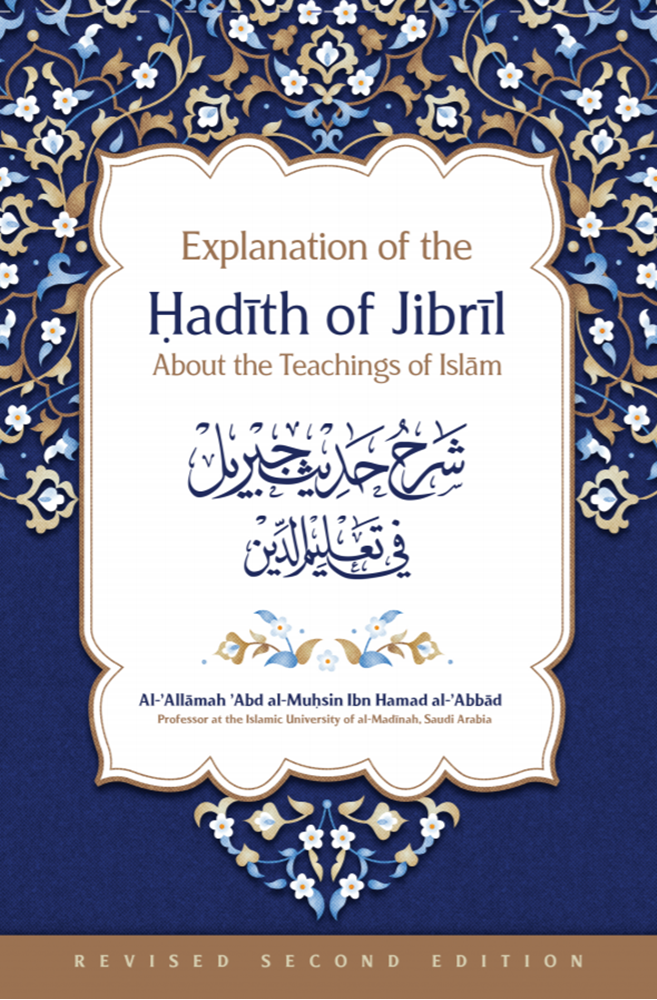
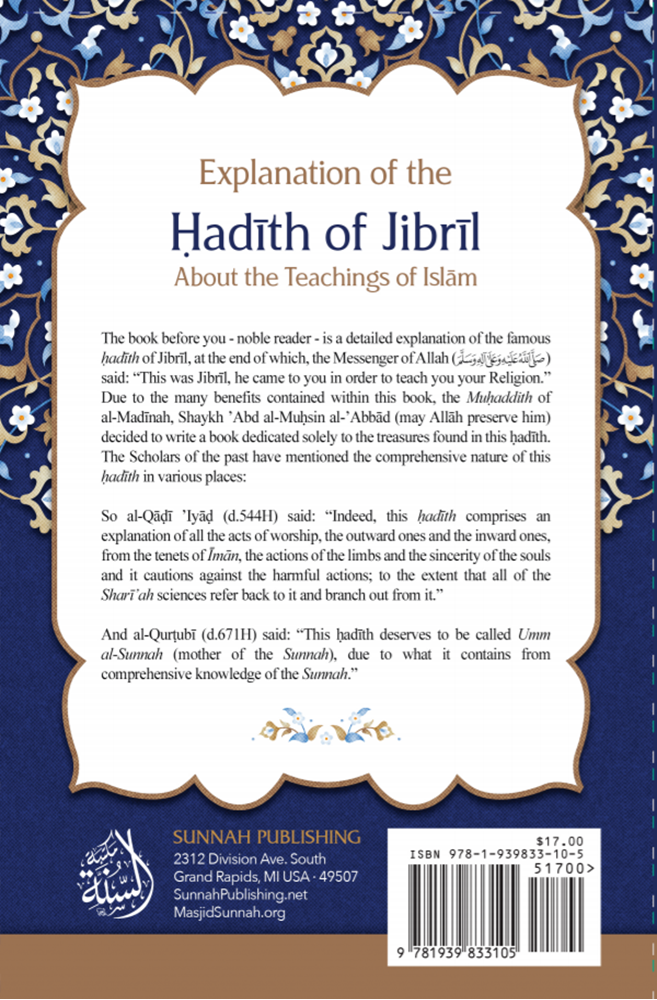

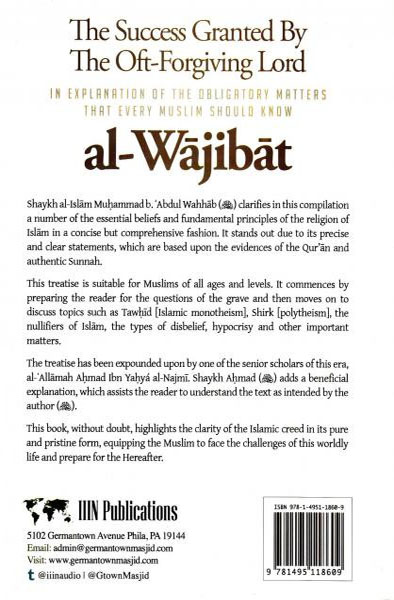

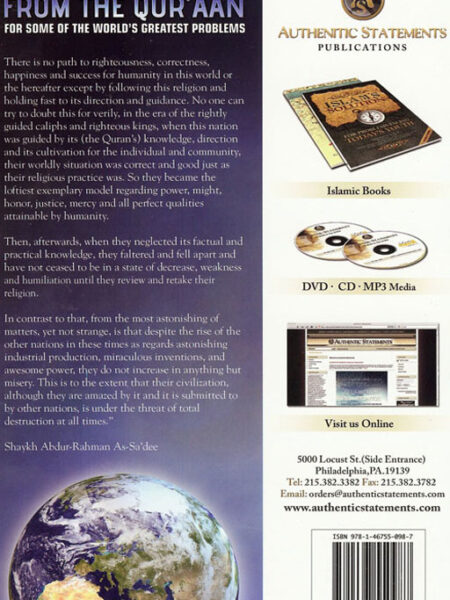


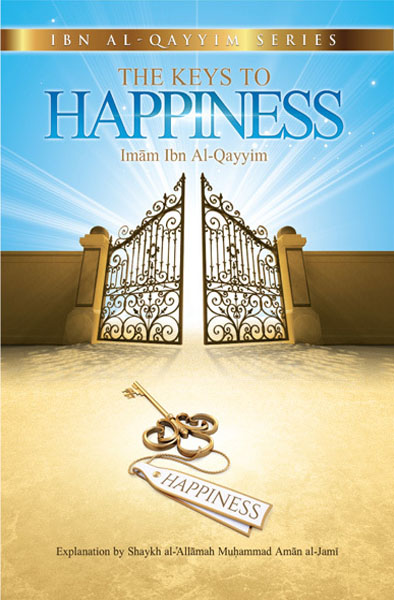
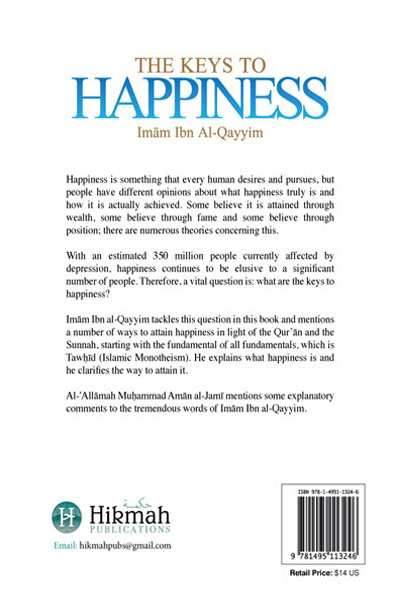
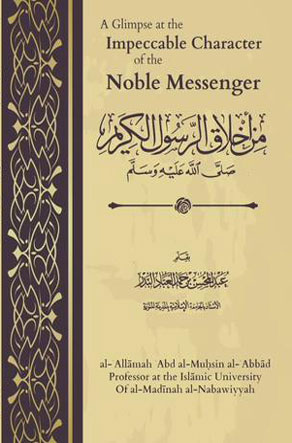
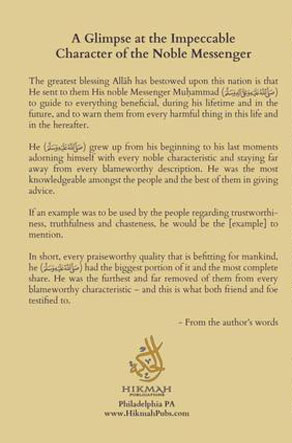

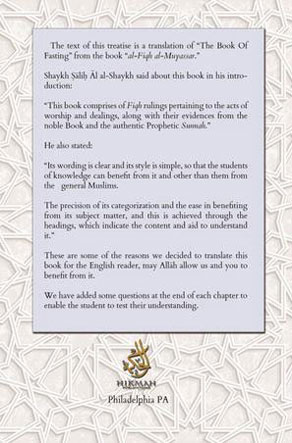

Reviews
There are no reviews yet.